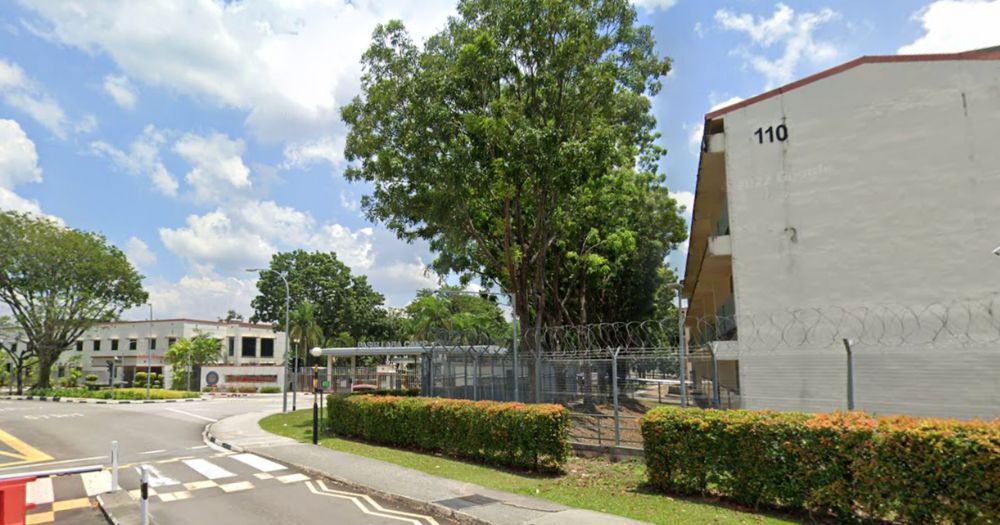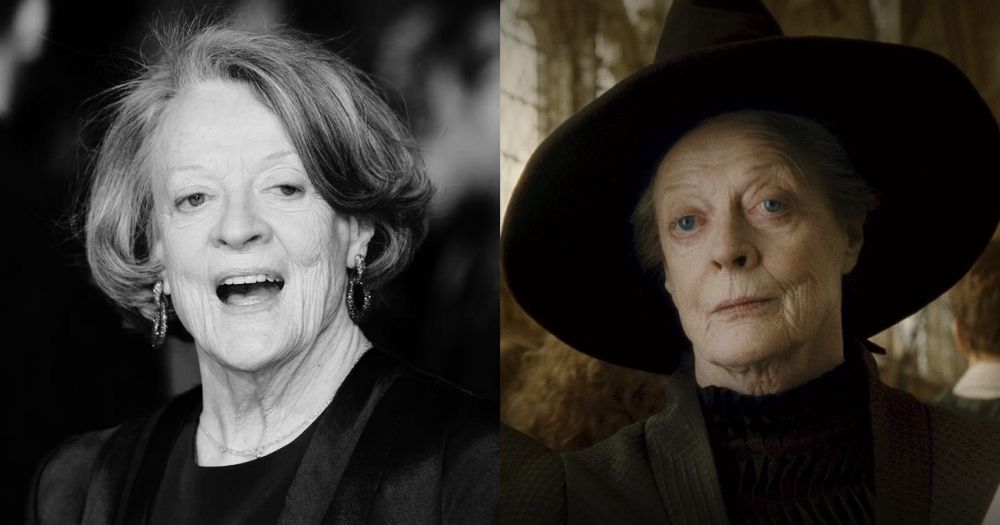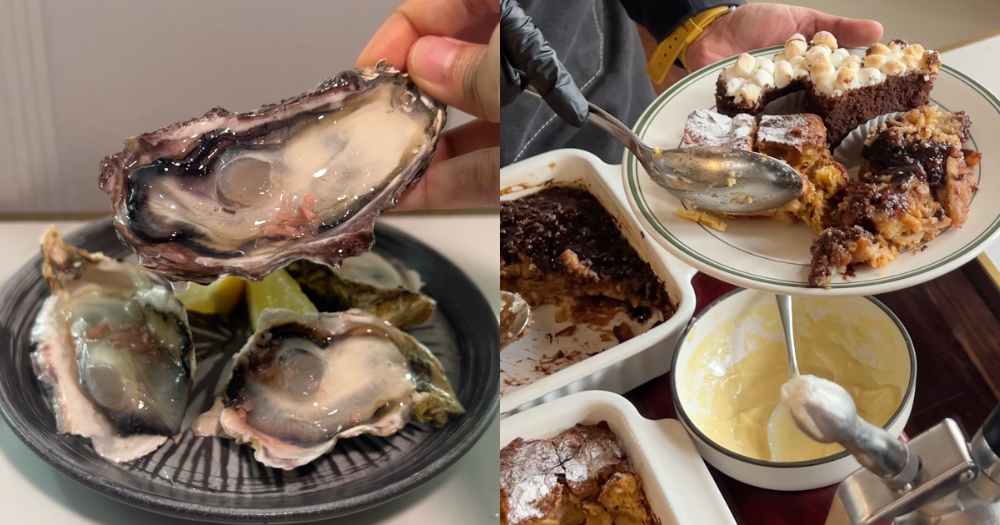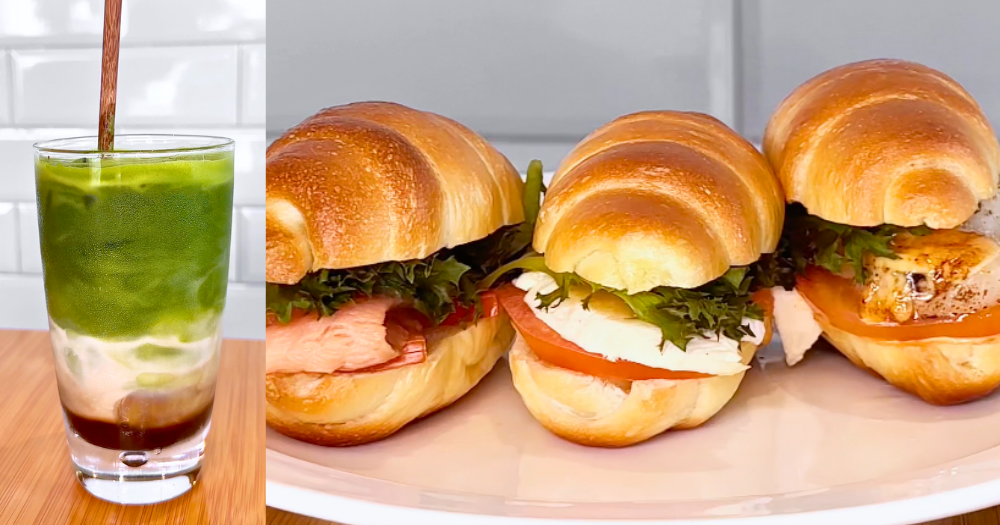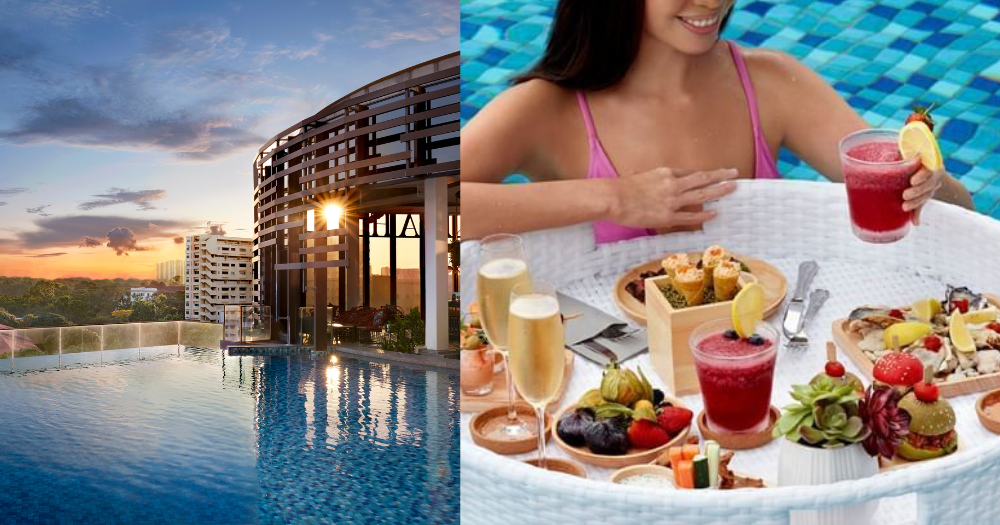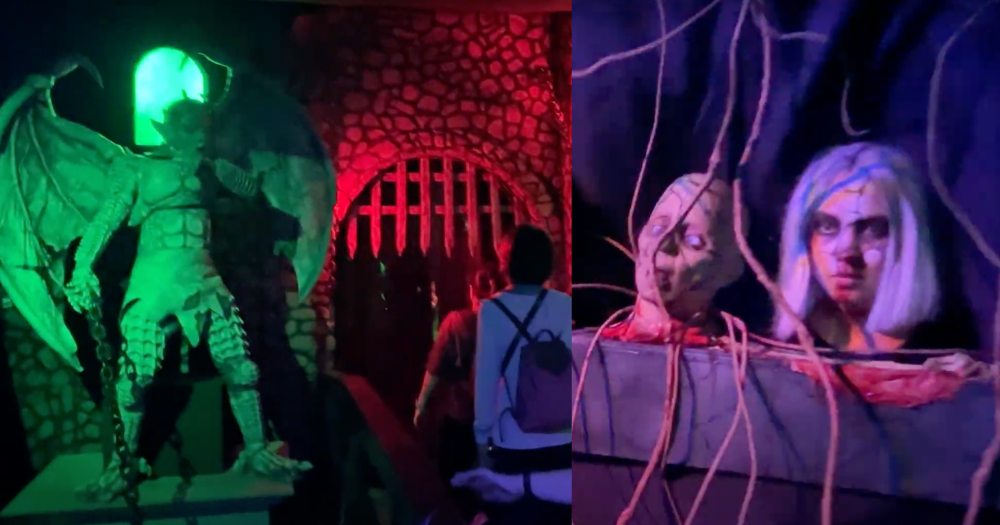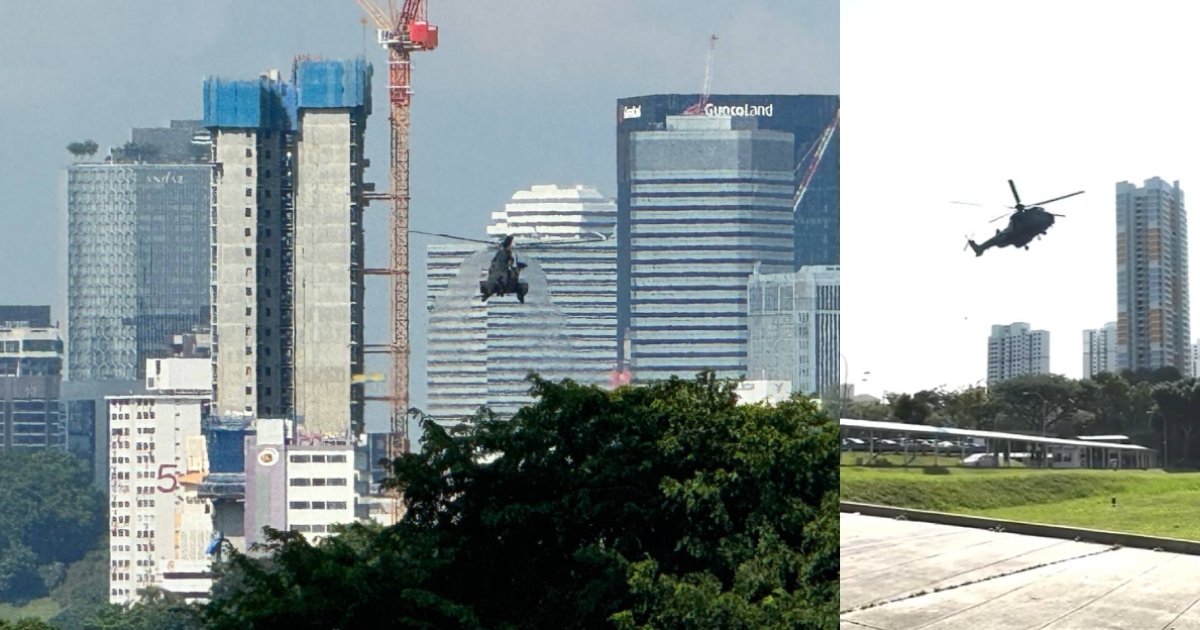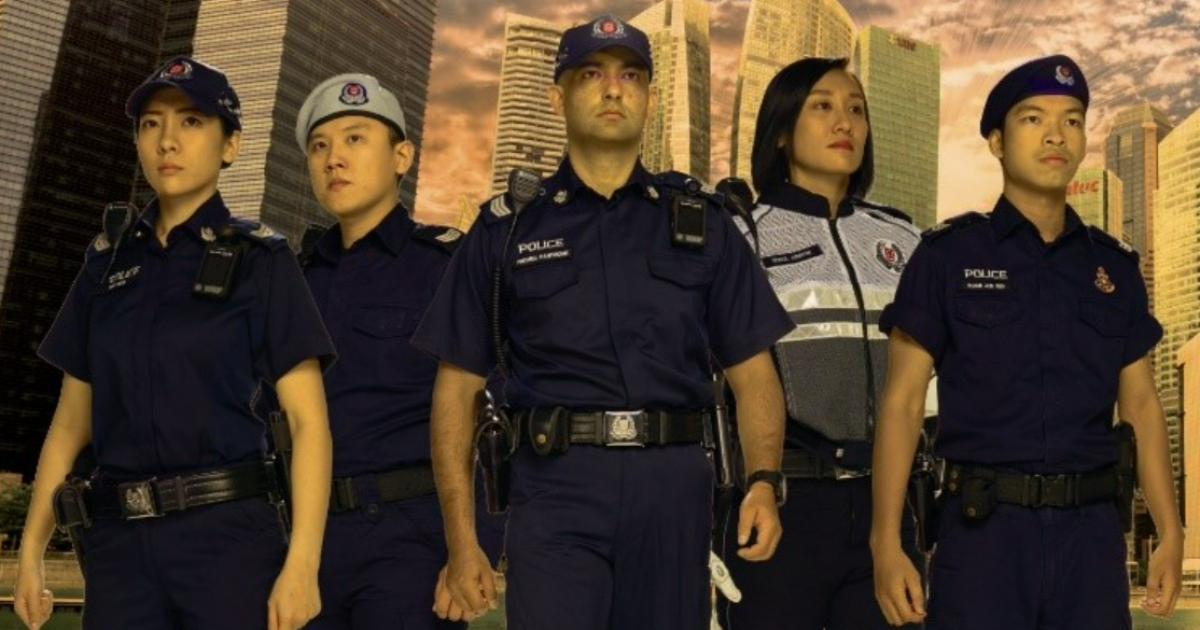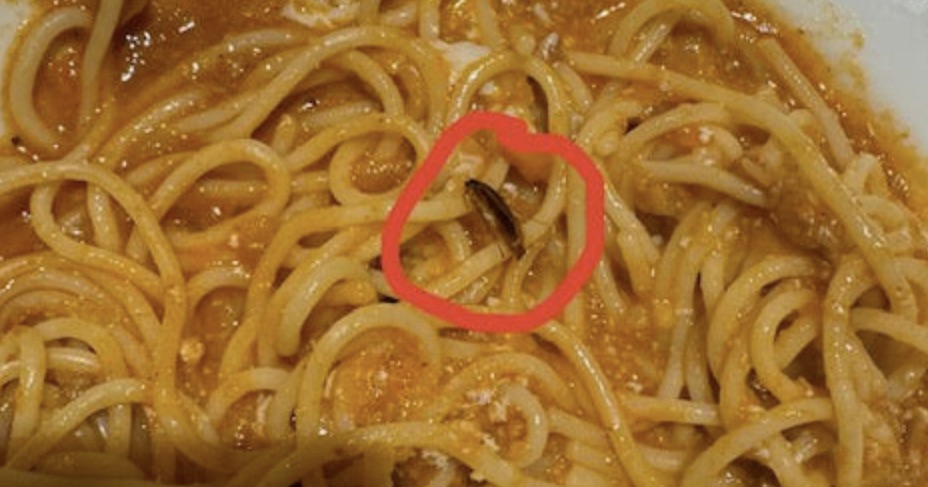NUS paying 40 students to educate tourists on etiquette & lead tours on campus
The move follows high visitor traffic and disruptions to campus activities by tourists.
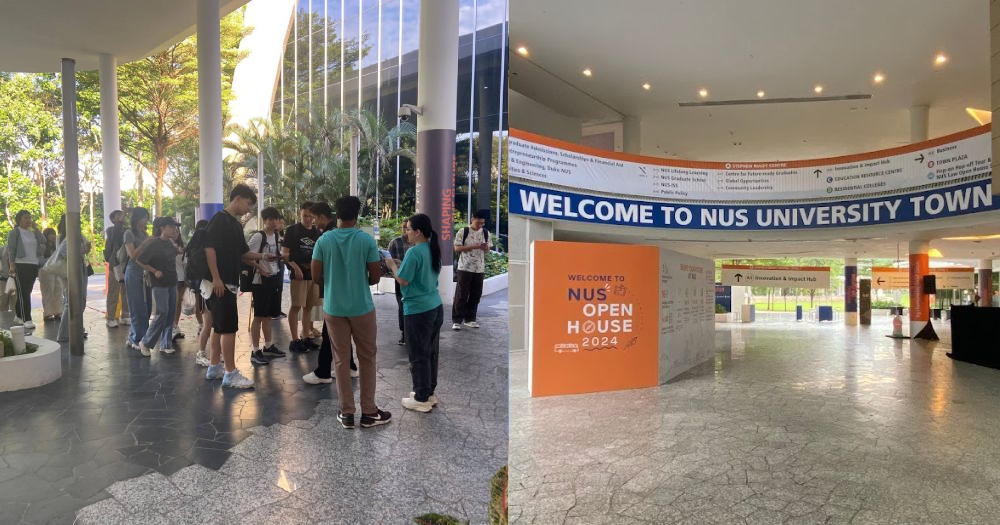
The National University of Singapore (NUS) is paying 40 students to be ambassadors to lead guided tours and educate foreign visitors on campus etiquette as a part-time job, in a pilot initiative from Aug. 5 to Sep. 30, 2024.
According to an internal NUS email seen by Mothership, the move is part of the school's targeted measures to manage visitor traffic and disruptions to campus activities following a high influx of tourists.
The popularity of NUS among certain segments of overseas visitors has been attributed to its reputation as a world class university with state-of-the-art facilities and modern environment.
Social media platforms regularly feature posts promoting paid guided tours to areas, such as UTown campus, central library and museum, for visitors to experience them first-hand.
Student ambassadors to lead guided campus tours and more
In the email, associate professor Daniel Goh said NUS is an "open, porous and inclusive campus".
He also reiterated that the school caters to many groups of people including students, educators, industry partners and many more, apart from visitors.
Goh added that NUS has unveiled its Pop-up Visitor Centre initiative, a two-month pilot involving 40 of its undergraduate students, who have been trained as its student ambassadors.
It is part of the university's measures to control visitor traffic and disruptions, especially in the NUS University Town (UTown), where there are many student residences and studying facilities.
The students involved will be engaged and compensated under the NUS Student Work Scheme.
They will be wearing a teal tee when on duty and deployed on weekdays during working hours at the Stephen Riady Centre.
Their main responsibility is leading guided tours around UTown to give tourists a peek into campus life.
Such tours can be booked by travel agents licensed by the Singapore Tourism Board and will incorporate a curated route to manage tourist movements, congestion and disruptions.
Goh said the student ambassadors have led over 25 tour groups and around 500 tourists in the first two weeks of the pilot alone.
Ambassadors are also tasked with befriending smaller groups of tourists or addressing large groups led by independent guides, to educate them on visitor guidelines and etiquette.
According to Goh, the students are also engaging the guides to gather information and understand their work as the school continues to evaluate possible future measures.
Other measures
"We are mindful of ensuring a conducive learning environment for our students and keeping our facilities safe and secure," Goh said, adding that multiple NUS departments have been working closely to implement the targeted measures.
Such measures include issuing reminders to students and staff not to use their card access to help visitors gain entry to restricted areas, such as student residences, laboratories and classrooms.
Goh said the school will take disciplinary action against those found doing so.
Other measures include working with licensed tourist guides and travel agents to communicate the school's visiting guidelines, increasing the internal shuttle buses frequency, and ensuring priority boarding of staff and students during peak hours.
Food court and canteen crowdedness will also be monitored, and the institution will even selectively implement non-access to visitors during peak hours, and other security measures such as enforcing ground surveillance to prevent trespassing into off-limits areas.
Students frustrated by the impact of campus tourism
Reddit users took to the online forum on Aug. 13 to air their grievances about the impact of campus tourism in NUS recently.
A user said they are "more worried" for their "safety and security more than anything".
Another user also highlighted that the tourists often do not clear their tables when they leave and also leave food on the chairs for the cleaners to clear.
Other users observed that tourists apparently tried to board the buses even though there are signs pasted on the doors to deter them from doing so.
Top photos via National University of Singapore & Google Maps
MORE STORIES







